Cette activité permet aux étudiants d’évaluer la contribution de leurs camarades lors des travaux de groupe. Les enseignants peuvent ainsi identifier les étudiants qui se sont peu impliqués dans le travail collectif, communément appelés « free-riders ». Cette approche encourage la responsabilité individuelle au sein des équipes et favorise une répartition équitable des tâches.
💡 Sélectionnez le modèle dans ChallengeMe pour lancer cette activité en un clic !
L’objectif principal est de responsabiliser les étudiants et d’assurer une répartition équitable du travail au sein des groupes. Cette méthode vise à encourager une participation active de tous les membres, à développer des compétences d’évaluation objective chez les étudiants, et à préparer les apprenants aux réalités du travail collaboratif en milieu professionnel.
💡 Sélectionnez la collection de critères « Free-riders » dans la plateforme
Les étudiants évaluent les membres de leur groupe en utilisant les critères d’évaluation définis par l’enseignant.
Ils peuvent également donner leurs feedbacks.
Les étudiants découvrent les évaluations et feedbacks reçus en fonction des options d’affichages définies.
Choisissez la méthode d’évaluation qui vous convient le plus.
Vous pouvez utiliser une activité « simple » ou ajouter des phases de dépôts ou d’évaluation supplémentaires.
Pourquoi ne pas utiliser notre assistant IA pour guider les étudiants dans leur feedback. L’assistant peut leur donner des éléments pour améliorer leur feedback et le rendre plus constructif.
👉 Sélectionnez le modèle « Identifier les free-riders » dans ChallengeMe
Cette phase représente le travail réalisé par le groupe. Comme on ne souhaite pas que les étudiants déposent leurs travaux sur la plateforme, l’option « Dépôt externe » est cochée par défaut (Onglet « Options »)
👉 Inscrivez les groupes concernés dans cette phase – https://bit.ly/42pEPMw
Renseignez :



Renseignez :
👉 La date de calcul des scores (onglet « Dates »)
👉 Les options d’affichage (si vous souhaitez que les résultats soient visibles aux participants)
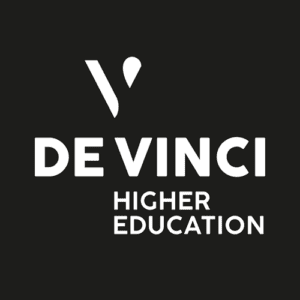
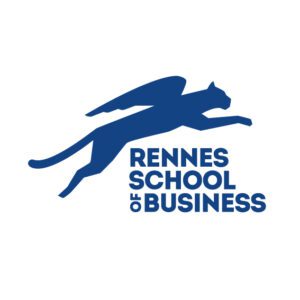
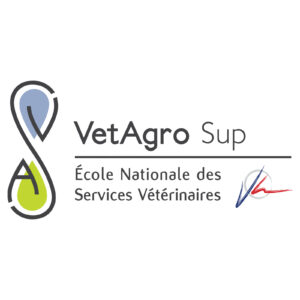
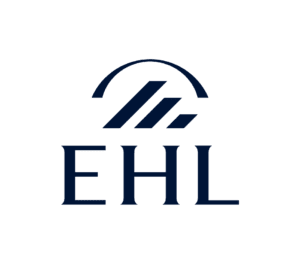
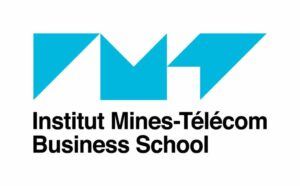

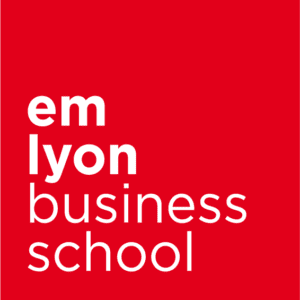


ChallengeMe propose des critères d’évaluation clairs et précis que vous pouvez personnaliser. En outre, l’anonymat des évaluations et la possibilité d’avoir plusieurs évaluateurs par travail aident à garantir l’équité.
Nous recommandons également de préparer les étudiants, de leur expliquer les objectifs, voir de coconstruire avec eux la grille critériée en prenant exemples sur d’anciens travaux.
Absolument, le travail de groupe est possible, aussi bien en phase de réponses (dépôt d’un fichier en groupe par exemple) que en phase d’évaluation (les étudiants doivent se mettre d’accord sur le feedback et les évaluations)
Nous avons plusieurs contenus disponibles. Dans la plateforme, les étudiants sont accompagnés sur l’activité avec des conseils pour donner des feedback pertinents. Nous mettons aussi à disposition des enseignants des documents qu’ils peuvent utiliser pour présenter l’activité aux étudiants.
Vous choisissez ! Vous pouvez mettre en place du formatif uniquement (pas de notes, uniquement des feedback) ou bien construire une note avec de la pondération sur les critères, des bonus/malus selon certains événements (retard par exemple) ou encore pondérer la note de l’évaluation par les pairs avec celle de l’enseignant.
Nous travaillons avec + de 90 écoles en France, Suisse, Belgique et au Québec. Vous trouverez sur notre site plusieurs retours d’expériences d’autres écoles sur nos activités.






Nous vous proposons d’essayer gratuitement ChallengeMe. N’hésitez pas à nous contacter directement pour toutes vos questions, notre équipe sera ravie de vous aider !